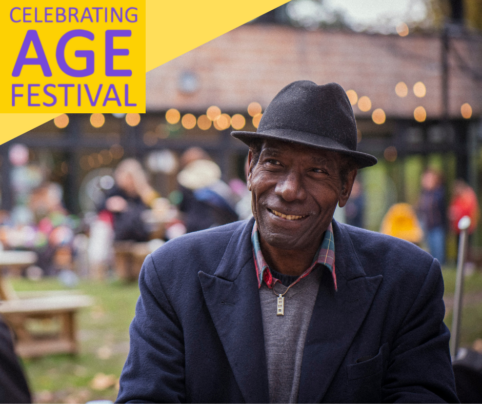16.11.20
5 minute read

Am I turning to alcohol to deal with negative feelings in my life?
Can I stop once I have started?
How much do I drink in a week? This can be by volume but also by frequency.
Why not take this self-assessment quiz from Drink Aware to see how you measure up?
The help on offer if you are worried about your drinking can come in many forms. Whether you need information about alcohol, structured help to reduce your drinking/detox or if you are looking for a supportive community to help you on your journey; here are a list of resources that may be useful.
We can offer 1-2-1 support, advice and guidance or even just an open ear for you to discuss your drinking and the effects it may be having on your life. We can be contacted by phone, email or face to face at our Brunswick Square building.
Phone – 0117 987 6000
Email – info@bdp.org.uk
Address – 11 Brunswick Square, Bristol, BS2 8PE
Breaking Free Online is a digital resource to help you on your journey with alcohol and other drugs. Along with Staying Free, the partner app, it provides tools, techniques and tips to help you to understand and cope with your alcohol use.
You need an access code to sign up put just pop us an email at info@bdp.org.uk or ring the helpline on 0117 987 6000 and we’ll provide you with the code.
Being aware of how fast you are drinking and trying to slow down is a great way to manage how much you may drink in a session. Remember you don’t have to drink at the same pace as those around you.
Keeping tabs on how many units you are drinking is an effective way to stay mindful of how much you are drinking especially if you are mixing drinks. Remember the guidance is to not exceed 14 units a week. This may seem a long way off but Rome wasn’t built in a day so cutting back gradually is a great way to get you on the path to your goals.
Again a tool to make sure you are aware of exactly what you are drinking. Keep a note of what and how much you have drunk in a day. You could keep this diary in a note book, saved note on your phone or free apps such as Try Dry (https://alcoholchange.org.uk/get-involved/campaigns/dry-january/get-involved/the-dry-january-app).
You’ve definitely heard this before but having something to eat before you start drinking is very effective at slowing down how fast alcohol is absorbed into your body.
Reducing your drinking can be as much about breaking habits as anything else. When you have the urge to have a drink or are in a social situation where others are drinking why not try a low or no alcohol drink instead of your usual. These drinks have improved alot in recent years and can be found in most supermarkets or pubs.
Finding a group of people with similar experiences and goals can be a great help when trying to reduce or stop drinking. Coronavirus does make this harder but there are great online communities focussed on support and advice.
Club Soda is an online resource that runs courses, events and social meet ups to help people manage their relationship with alcohol. They also have a Facebook group with nearly 10000 members where people post questions and personal experiences about their own relationship with alcohol. The group is judgement-free and a great source of support from people with shared experiences.
Are you worried that a friend or family member might be struggling with their alcohol use? This can be a very hard time for everyone involved and starting a conversation around this can be tough. When engaging someone in conversation avoid criticism, making judgements and using labels such as “alcoholic”. Try to ask open questions such as “I’ve noticed x, y or z, what do you think?” rather than “do you think you have a problem?”
Encourage the person to reach out to an organisation like us or use a drinking calculator to give them a better understanding of their own drinking.
16.11.20
5 minute read

News
To start off the Celebrating Age Festival, Bristol Drugs Project will be hosting a concert at Bristol City Hall with perform...